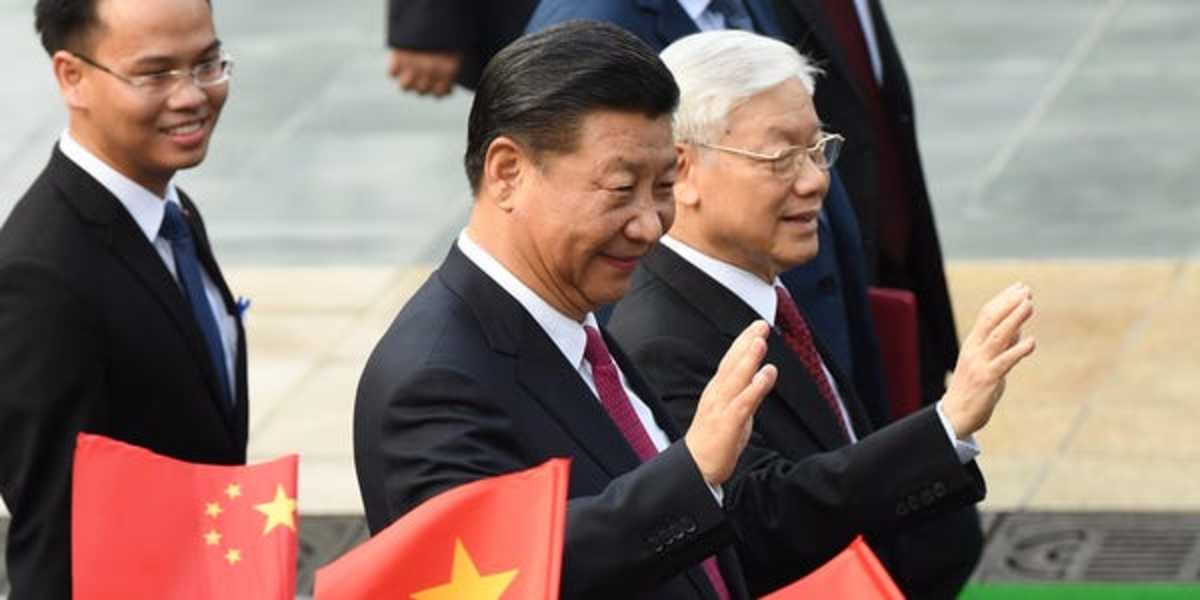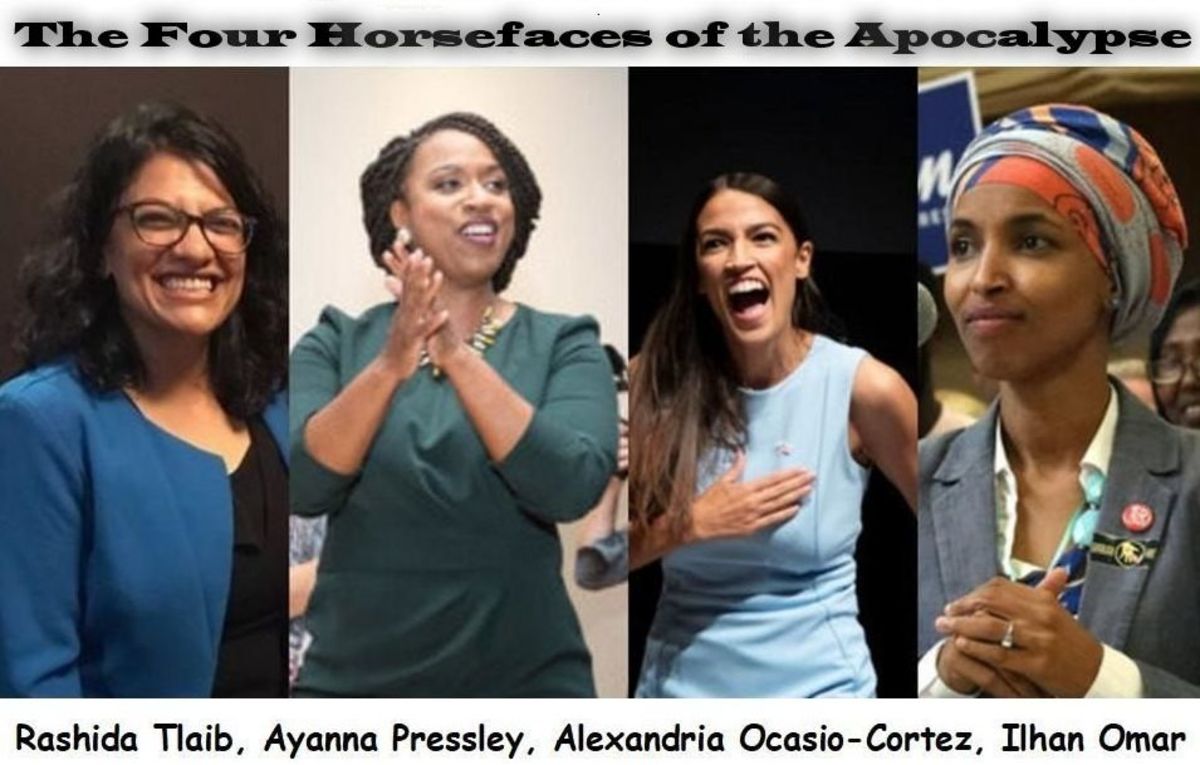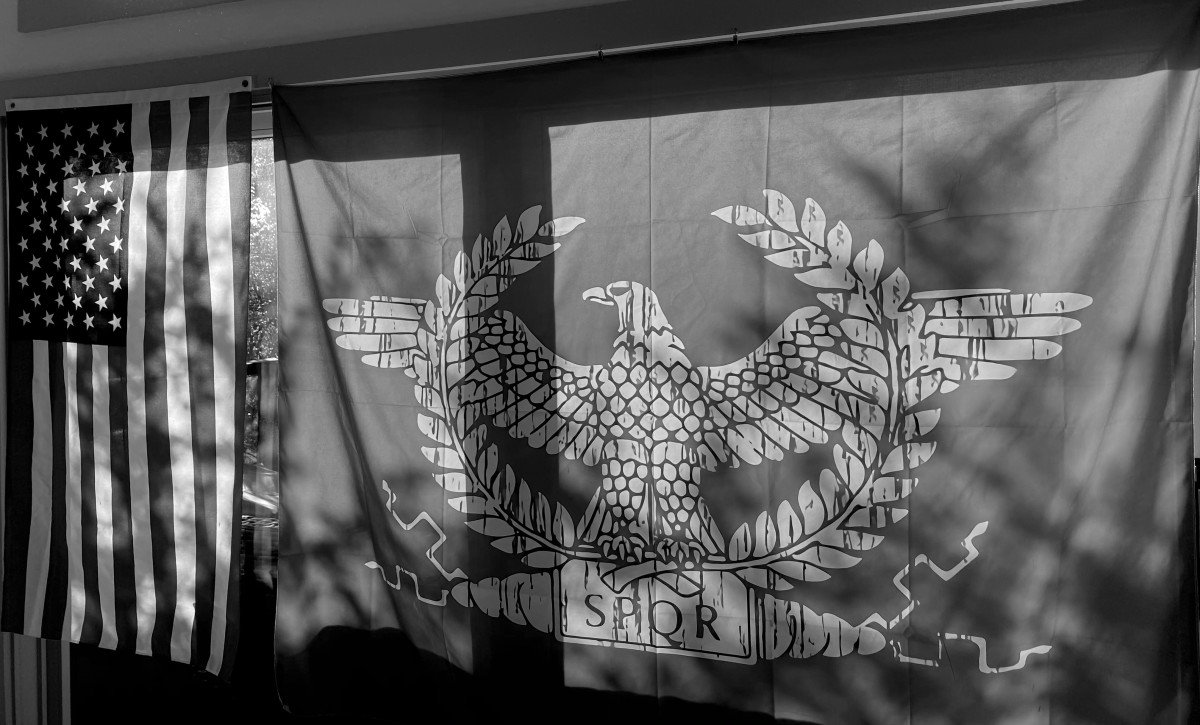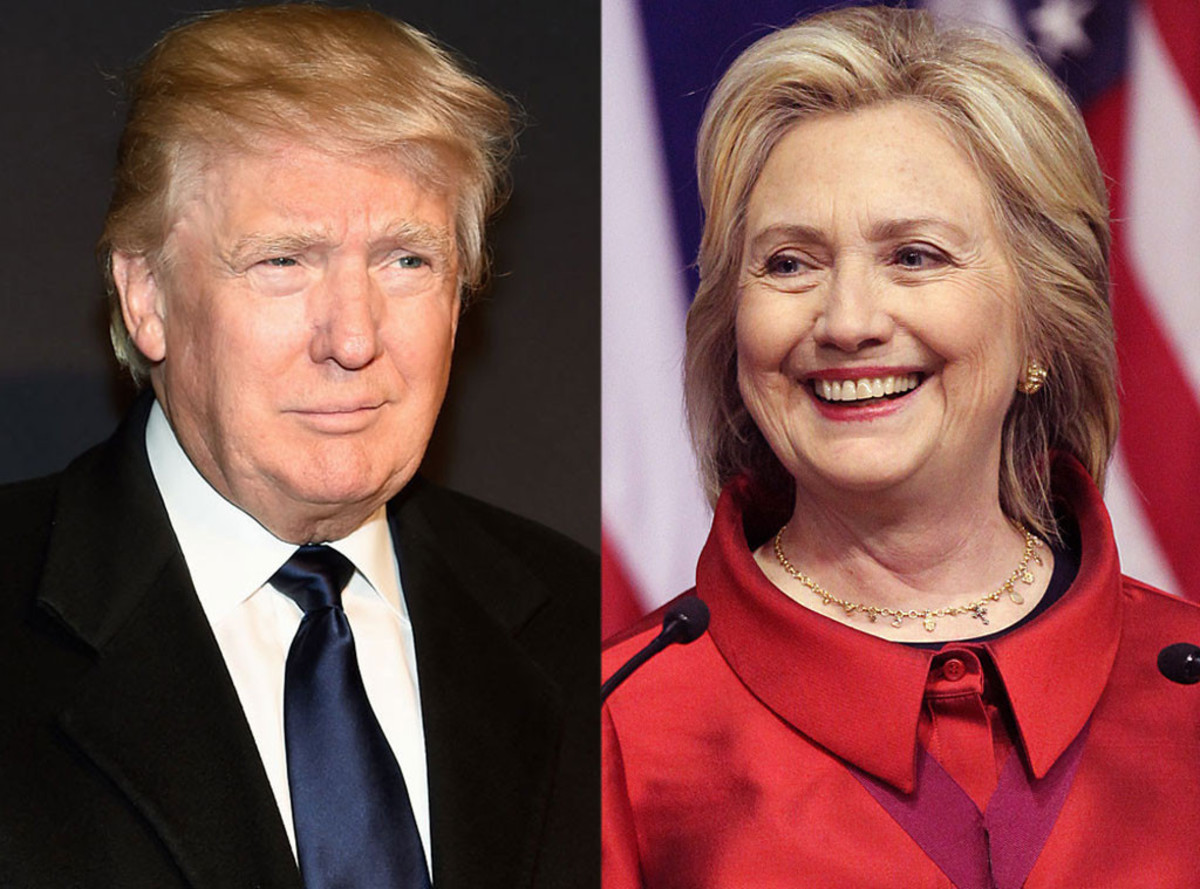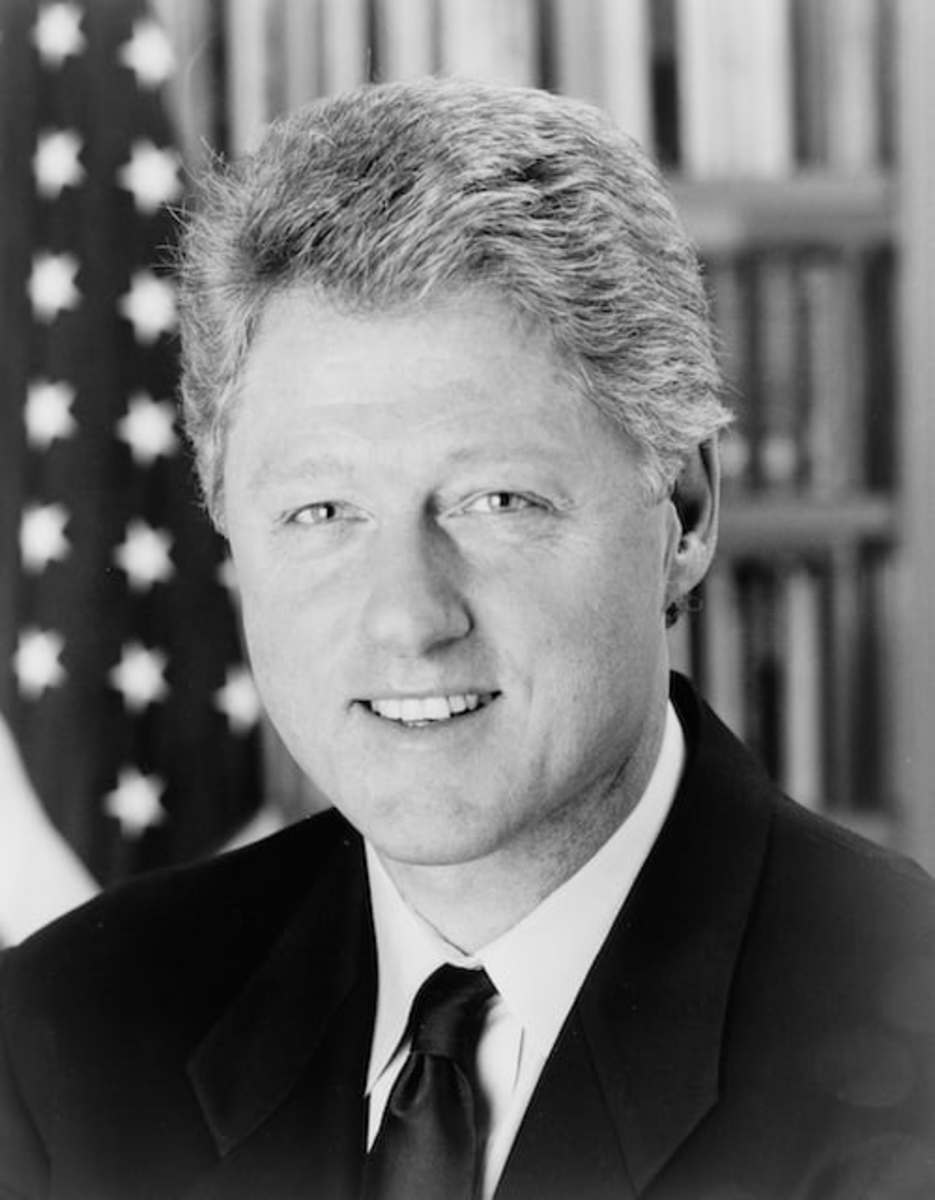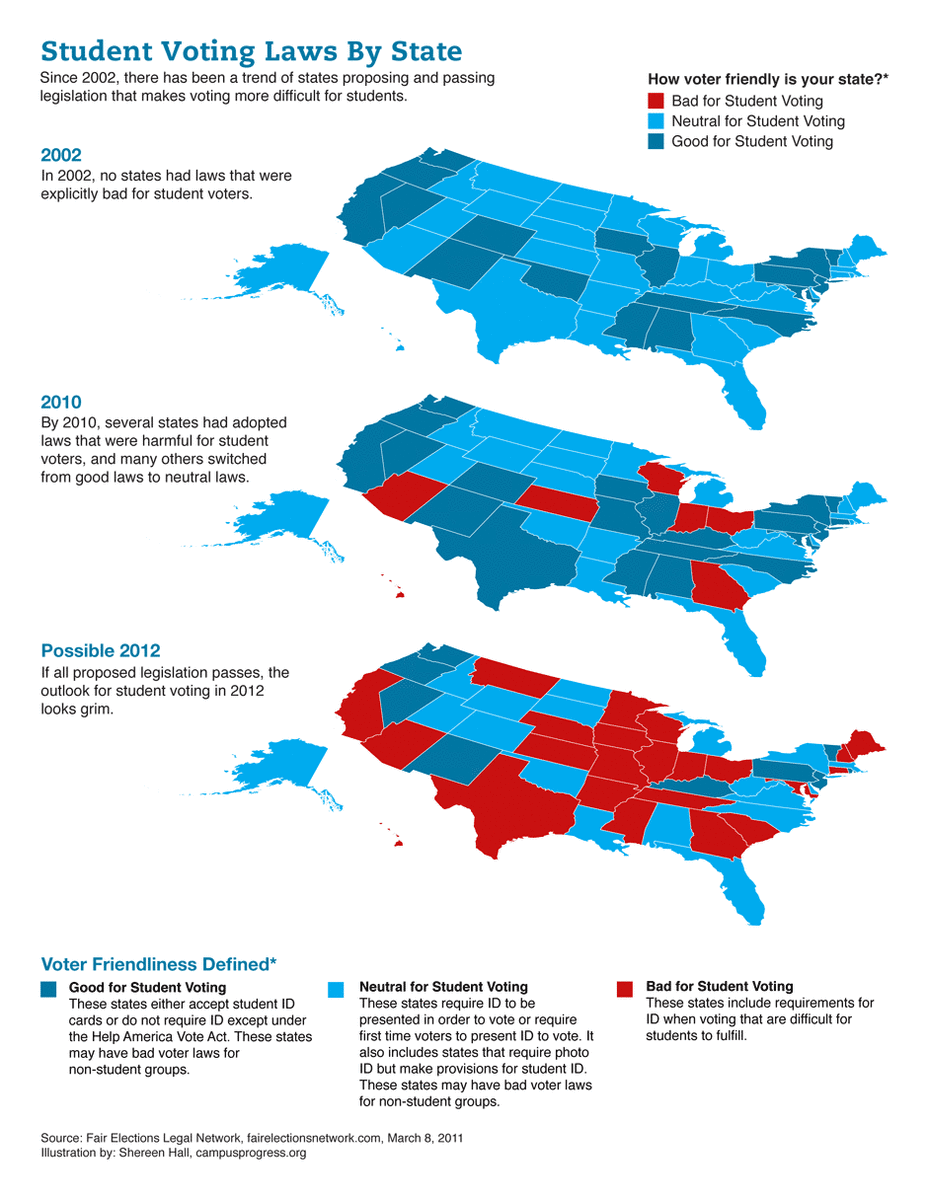On Trump's "Legacy" That Is Unlike His Predecessors
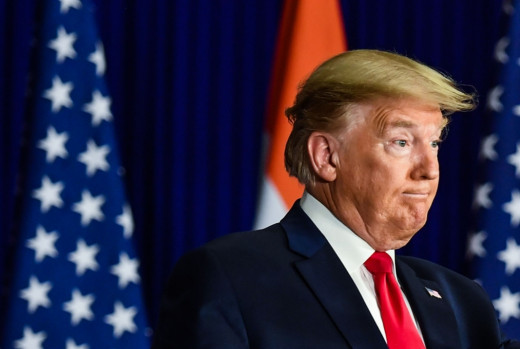
No one inside and outside the United States is able to understand the personality of US President Donald Trump. Predicting what a man will think or what will be presented to him in the future, in terms of foreign policy, military and even economic measures, is exposing his owner to the charge of "the clairvoyant."
It is true that the current president is known for his ups and downs, arrogance, arrogance and sometimes even recklessness, in addition to committing a number of political and diplomatic lapses that made him a source of ridicule and subject to criticism repeatedly, but the political, military, and security steps that he undertook (the American president’s announcement of the “deal of the century”), and before it Issuing an order to assassinate the commander of the “Quds Force” General Qassem Soleimani and the vice president of the “Popular Mobilization” Iraqi Abu Mahdi Al-Muhandis at Baghdad Airport on January 3, in addition to entering into a trade war with China), which some have classified as a form of Madness, put it down In the field of strategic accomplishments recorded for him, it gave him an additional impetus to go far in his choices and decisions that must be recognized as having been characterized by great boldness, that none of his predecessors, whose fingerprints in foreign policy are still visible to this day, especially those who worked Assuming the world needs leadership.
It goes without the definition that Trump is one of the most controversial presidents in the history of America, since all its presidents since Franklin Roosevelt and from both parties (the Republican and the Democratic) have based their differences on leadership, on the belief in the American exceptionalism that President Harry Truman summarized in 1947 in the following terms: To the people of the world free to get support in preserving their freedoms. If we falter in our leadership, we may endanger the peace of the world - and certainly we will threaten the welfare of our nation. ”
These presidents did their best to clarify foreign policy as a moral mission based on this exceptionalism, which adheres to the "liberal" ideals as a permanent slogan, and they justified why the United States should play such an active role in international politics, by considering that the world needs this special state , And its "charitable" effect. From this perspective, it was natural to conclude that what was true for America was true for the world to which the United States presented itself as a beacon.
In fact, there are three ideas launched by the first leaders that confirm the main narration of the American exception; the first: the superiority of the United States over the rest of the world, and the second: their response is the reason for this superiority to having a special role to play in the history of the world, it has a moral mission to pursue it abroad, and the third: It is that when other major powers and empires do, indeed, reach a peak in their power and control, it is natural that at some point in the future they will decline and their influence will decline, but the United States does not apply to this matter, because they will simply resist this law of history.
After the Cold War ended, Americans interpreted its end as a new affirmation of the American exceptionalism: "By the grace of God". In 1998, former Secretary of State Madeleine Albright said on The Today Show: "We must use force, because we are America; we are the indispensable nation. We stand long and see further than other countries in the future, and we see the danger here for all of us. I know that American men and women in uniform are always ready to sacrifice for freedom, democracy, and the American way of life”.
Trump's view of America is somewhat different. He does not take the main narrative behind the American exception, which everyone in succession has believed in, but rather adopts another story based on the fact that the United States is remarkably similar to countries that define themselves with material national interests and ethnic national identity. Trump raised the slogan "America First" as an approach to foreign policy, and entailed embracing him by rejecting the moral mission that was essential to this modern policy: promotion (in terms of international liberal theory, free market economies, and human rights). Trump views the world somewhat similarly to realists: as a competitive, chaotic place where each country is itself, where alliances are temporary, and only the most feasible to survive.
Although the exception is greatness, as explained by the leaders above, but in Trump's own dictionary, making America “great” means making it economically rich, militarily strong, and protecting the white Christian cultural heritage of the United States, where the Evangelical groups (right-wing Christians) are urgently urging to ensure Israeli control Whole over all of the Holy Land of Palestine, believing that this speeds up the second return of Christ. From here, Trump is doing everything he can to appease these groups whose faith he believes in.
Many wonder what does the word "America first" mean? Is it a concept, slogan, or agenda for foreign policy? Indeed, America First is several things, the most famous of which was the name of the organization that was founded in 1940 in order to pressure against American interference in World War II. According to historian Melvin Leffler, "America was linked first to isolationism, isolationism, unilateralism, Nazism, anti-Semitism and the politics of appeasement that President Franklin D. Roosevelt struggled to overcome, between 1940 and 1941." Trump translated this slogan by resorting to an economic protection policy. In his first speech, during his inauguration ceremony, he accused the world of defrauding the United States, saying: "We have made other rich countries, while our country's wealth, strength, and confidence have vanished on the horizon." He added: «We must protect our borders from the ravages of other countries that make our products, and from stealing our companies and destroying our jobs. Protection will lead to great strength and prosperity. ” In pursuing this protection program, Trump, upon taking office, withdrew from a Trans-Pacific Partnership - a seven-year trade agreement negotiated - in favor of bilateral deals that he said would "encourage American industry, protect American workers, and raise American wages." He also renegotiated the North American Free Trade Agreement with Mexico and Canada. A distinctive feature of Trump's protection agenda was a trade war with China.
The second important component of Trump's "America First" program is the ethnic nationalism that forms the basis for Trump's view of the world and its administration. The latter called for fewer immigrants, and intentionally banned the entry of citizens of a number of Islamic countries into the United States, in order to preserve its white Christian culture. He also accused Mexican immigrants of being rapists and drug traffickers, and members of the House of Representatives of African or Middle Eastern descent or An Arab woman to "return" to their supposed homelands. The list goes on, on the basis of exclusionary rhetoric based on race and religion.
Indeed, Trump's grand strategy is “a paradoxical combination of militarism and strategic curtailment, reliance on unilateralism and militarism, aggressive threats and strategic support for authoritarian leaders abroad (the rulers of Gulf sheikhdoms for example)”.
One article in the Foreign Affairs magazine considered that "the United States has never had a bold, naive and arrogant military leader like the current president." On matters of war and peace, he says what he means, but he rarely does what he says. That "the superpowers do not fight endless wars".
However, after nearly three years in office, the promised reduction process has not materialized. The president did not change the global US military imprint he inherited from President Barack Obama, and George W. Bush accepted him. It has also kept the costly burden of defending US allies in a number of places. On the contrary, Trump assumed greater military responsibilities to the United States, increased the deployment of forces in Afghanistan, threatened the war with North Korea, supported the Saudi-led war in Yemen, exacerbated the conflict with Iran, and consistently encouraged the strengthening of military power, including Modernizing the US nuclear arsenal and launching the "Space Force".
There is talk in Washington of the losses caused to US foreign policy, as a result of Trump's improvised decisions, such as the exit from the partnership agreement with the Pacific signed by 12 pivotal countries, from the Paris Climate Treaty, and from the mid-range nuclear missile treaty with Russia, and then announcing the sudden withdrawal from Ukraine and Syria, which he soon retracted, keeping his forces in control of oil wells.
According to informed American sources, Trump completely abandoned professional standards in national security decision-making, as he no longer attended the National Security Council meetings, since the departure of his National Security Adviser Herbert McMaster (in April 2018) only rarely, and relies on his intuition from Without consulting anyone, he also marginalizes professionals and experts in his administration, as well as his improvised messages and contradictory tweets in which he does not consult anyone, and which raises increasing concern in security and military institutions alike, and predicts disasters on American national security.
Given Trump's lack of interest in the opinions of military and intelligence officials, and his way of making reckless decisions, all of this makes it difficult for American diplomats and defense planners to make concrete progress in ending wars and ensuring that new wars are not started, especially after it has been found that there are official actors and influential US authorities She was not aware of Soleimani’s strike, such as the Congress, which some of its members described what the President had done as “closer to another catastrophic war in the Middle East.” No one in the whole world would be immune from its repercussions.
According to the "Trump" doctrine, the airstrike that killed Qasim Soleimani was a reminder that the United States remains the indispensable global superpower. In doing so, Trump wanted to demonstrate that military and economic power is still more effective than anything else, as long as those who own it are ready to use it.
A British government official summarizes Trump's militarism by saying: “Under Obama, the West had forgotten the growing power of hegemony. In other words, he who holds the largest stick retains his dominance, as long as he is ready to use it. As for Trump, the argument for escalation is simple and is based on the following: If the response to any aggressive act by a foreign opponent is always a retreat in order to avoid an escalation of violence, then the advantage of military and economic domination is lost, which creates more chaos.
American politicians believe that the lessons learned from Soleimani’s killing are commensurate with Trump’s global view that stresses the need for clear red lines in connection with America’s prestige, as well as the desire to allocate American military resources to impose it, thus sending a message to everyone that America has returned as a global policeman, Trump is trying to use this to impose the "Deal of the Century". Trump believes that with his actions, he has found an effective mechanism to advance American interests, but he has not yet proven to be better than his predecessors in solving the long-term problems he has identified, and may make them worse.


